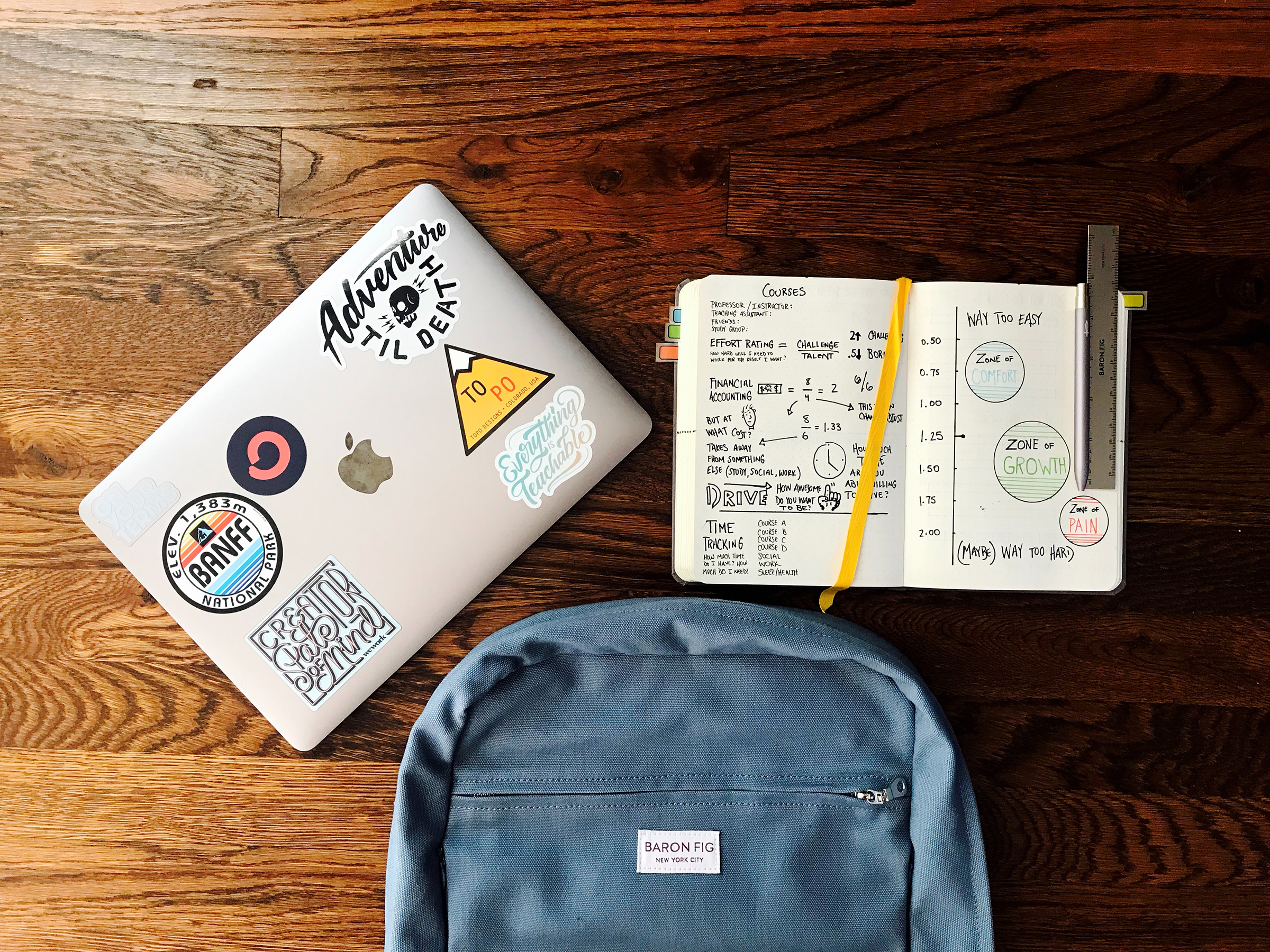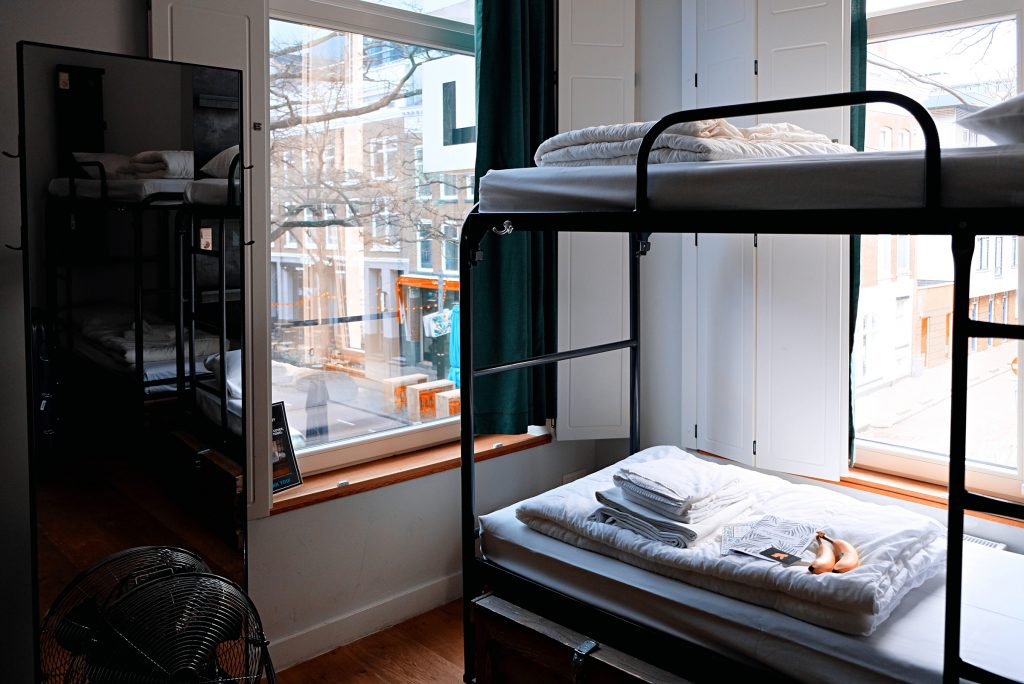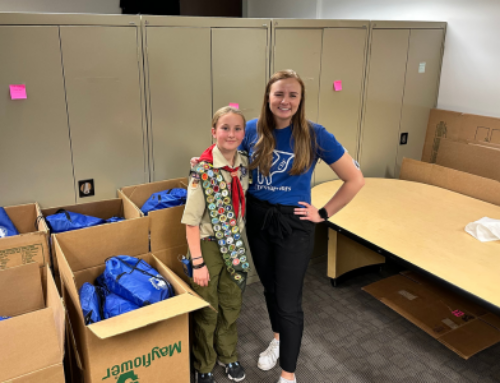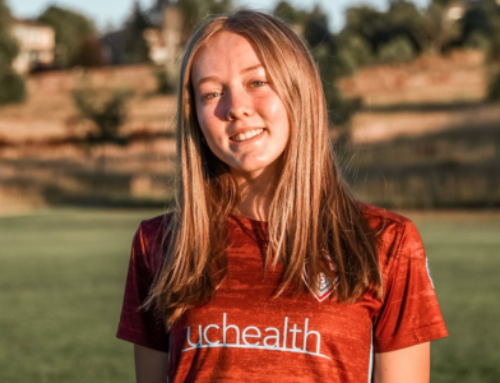By Paige Lindbloom

Going to college can be one of the highlights of a person’s life. College is a time to reinvent yourself, explore independence, and learn lessons that you will carry with you for the rest of your life. There are so many thoughts going through your brain on that day of move in: how you are going to arrange your dorm room, what your roommate is going to be like, if that cute guy (or girl) across the hall is single, how you have SO MANY CLOTHES even though you swore you brought only half of your closet, and a million other things.
But for those going to school with type 1 diabetes, there are things to deal with that would never cross the mind of another student. Those of us with type 1 have to think about all of the normal college things as well as where to put our supplies so we can access them easily, where to put our juice boxes so we can reach it in the middle of the night, how to talk with our roommate about how to save our life if need be, and so much more. What is supposed to be this fun and exciting time for move-in, is now way more complicated, and even scary, for those trying to manage type 1 one their own.
In college, I was an athlete, a Resident Assistant, a Student Senator, and an Admissions Assistant. From these experiences, I have learned what to do and what not to do as both a student and someone with type 1 diabetes. Keep reading to find my personal tips for students and parents too.
For students:
DO
Explain what type 1 diabetes is and what you need to be safe to roommates, coaches, friends, your RA, etc. Set clear boundaries and explain that no matter how drunk someone is or how thirsty they are, if they drink your juice it could kill you. (Sorry to be so dramatic but hey, it’s true!)
DON’T
Take over the whole fridge “because you’re type 1.” Be courteous, be respectful, and don’t overstep. Remember, your roommate is going through a big change too and they are figuring out their new experience right along side you!

DO
Have a cheat sheet somewhere nearby with your doctor’s information (for prescriptions), a copy of your insurance information (in case you lose the original card), and whatever other emergency contact information you might need.
DON’T
Write down your social security number, your first pet’s name, the street you grew up on, etc. in any place that can be easily accessed. You never know who can come across that information!
DO
Communicate with your Resident Assistant (RA) about your type 1 diabetes. Make sure they know what to do in case of a low/high blood sugar and what assistance you may need if there is an emergency.
DON’T
Try to make the RA into an extra parent or ask them to follow you on your CGM app. You are an adult now and as helpful as your RA can be, they are students too! They are going through a ton and as much as they are willingly to help you and make sure you are safe, there can be hundreds of other students they are having to help too.

For parents:
DO
Communicate with your student about their type 1 care. Whether they were diagnosed as a child or recently before college, run through your plan of action and make sure they know what to do and who to call. It will make you both sleep easier.

DON’T
Make it all about type 1! Talk to your child about classes, stress, and relationships but remember, diabetes isn’t the only thing that can present a challenge in their life. If you constantly ask, they might stop communicating with you altogether.
DO
Make sure your t1d student has the resources and help on campus to succeed. This can be the ADA accommodations, doctor’s numbers, supply re-order information, etc.
DON’T
Stop the RA on move-in day to discuss your type 1 student, ask them to follow your child’s blood sugars on an app, or demand special attention. You need to trust that you have raised your child to succeed on their own and that have shown them what they need to do to be safe. No one on campus has time on move-in day for super in-depth questions and inquiries regarding one student. There is enough going on! Make sure your student understands how important it is to have these conversations and then trust them to have those chats on their own time.
Despite all of the challenges those with type 1 diabetes face, college is an exciting and fun time that helps prepare you for the future. It doesn’t matter if you change your major seven times or if you make a ton of mistakes; all that matters is that you learn from your experiences and prepare yourself for a life of adventure.





